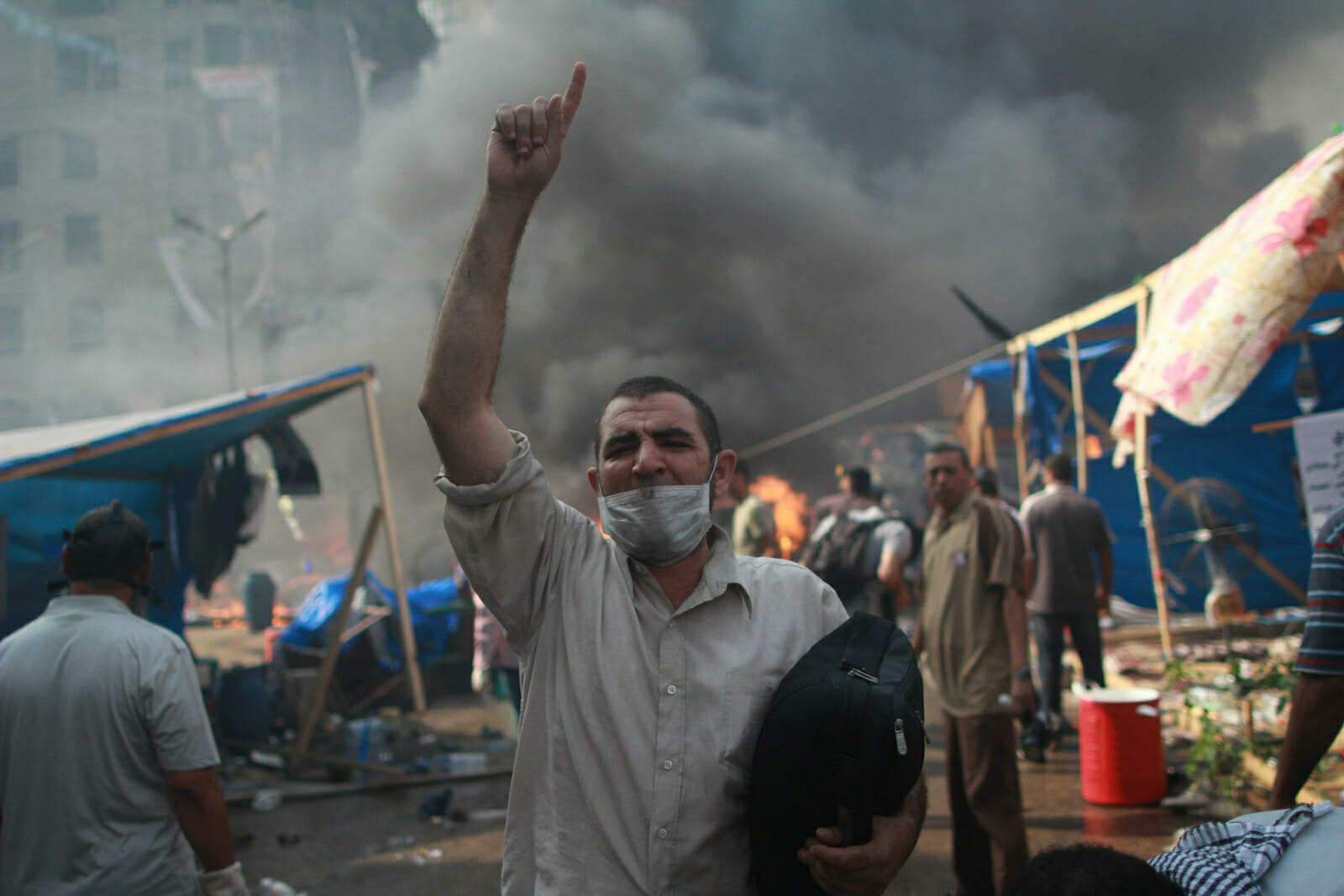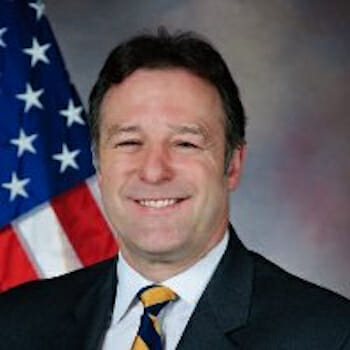
U.S. Needs to Rethink its Middle East Policy
2013 was not a good year for political stability or progress in most Arab countries. Henry Kissinger once said that: “the Arabs can’t make war without Egypt, and they can’t make peace without Syria.”
Egypt is polarized in a zero-sum fierce fight between its two best-organized institutions, the military, and the Muslim Brotherhood, following Revolution 2.0 and the ousting in July 2013 by General Al-Sisi of elected President Morsi. Violent demonstrations and political assassinations occur almost on a daily basis. Syria is entrenched in the worst political and humanitarian crisis since it became a nation; the civil war has claimed more than 100,000 lives and millions of refugees have been displaced. Kissinger was referring to Arab-Israeli matters, but clearly, these two key countries are in no position to provide regional stability. Maybe it is time for the U.S. to a rethink its Middle East policy approach.
What about Iraq and the Arab Gulf states? Iraq, with its substantial oil and water resources and a traditionally large middle class, well-educated population, is not in good shape either. The rising number of victims of sectarian fighting between the country’s Shiite majority and Sunni minority is approaching a peak of violence not seen since 2007. Meanwhile, the Kurdish regional government is slowly, yet aggressively, establishing itself as an independent state, without the label.
Gulf Arab states have largely escaped the turmoil of the so-called Arab Spring because of their substantial oil wealth. However, the sectarian conflict between the Shiite majority and the Sunni royal family in Bahrain remains unresolved.
Equally important, the underlying foundation of Gulf-U.S. interests – oil for security – has been under increasing scrutiny due to the improved and promising U.S. energy outlook; technology in the form of shale gas and tight oil will increase production, which means that the U.S. will be less dependent on foreign supplies.
We accept that the energy market is global and that the U.S. only draws 20% of its oil from the Gulf, but through innovation, America is less vulnerable to external oil shocks.
The Arab world – in general – is going through an unspecified period of political and security uncertainty. American efforts to help stabilize the so-called Arab Spring have not gone well, at best. In Egypt, both the Army and Muslim Brotherhood accuse Washington of supporting the other side. In Syria, President Obama called on President Assad to step down, but the opposition is not satisfied with what it considers a lack of U.S. action and has been calling for an intervention. In Yemen, although Ali Abdullah Saleh is no longer President in name, he continues to influence Yemeni politics. Iraq Prime Minister Nouri Al-Maliki refused to sign a security agreement with the U.S. in 2011, but is unable to maintain peace and security; he came to Washington two years later asking for help. The Saudis have recently made public their dismay over U.S. policy in the Middle East, particularly, toward Iran and Syria.
For decades, U.S. cozy relations with several Arab leaders were based on perceived national interests rather than shared values; this policy paid questionable dividends. Relations with leaders are now relations with people as democracy spreads at a snail’s pace in the region. Washington has been increasingly presented as the scapegoat by both Arab governments and opposition groups in their unsuccessful efforts to introduce and implement genuine political and economic reform; damned if you do and damned if you don’t is the mantle worn by the U.S. as the sole superpower.
Maybe there is another option? Maybe the U.S. should now focus on the Middle East peripheries, meaning the three non-Arab states – namely Israel, Turkey, and Iran. Despite fundamental disagreement between the U.S. and Israel over the peace process and Iran’s nuclear program, the two nations share values and political orientations. Israel will always be a close U.S. ally. Turkey is a NATO member and arguably the most successful democratic Muslim country in the region; Turkey appears to have found a formula to integrate Islam, democracy and a market economy. For years, Washington has seen Turkey as the model for other Muslim countries. Iran, despite major political and strategic hurdles, has achieved educational progress and its open domestic political debates are closer to U.S. values than those in most of the Arab world. The recent nuclear deal provides a real opportunity to open a new chapter in US-Iran relations.
It is clear that it will take some time for some Arab countries to find their way through the necessary transitions and establish governments that are accountable. American intervention in one form or another has proven costly, is seen as ineffective, and has damaged our credibility in the region, namely Iraq. Maybe the U.S. would be in better shape by distancing itself in order to give the Arab world the room it clearly needs to sort out its future. The proposed warmer relations with Israel, Turkey, and Iran should not be pursued at the expense of other parties; rather, it should be seen as a win-win equation.
